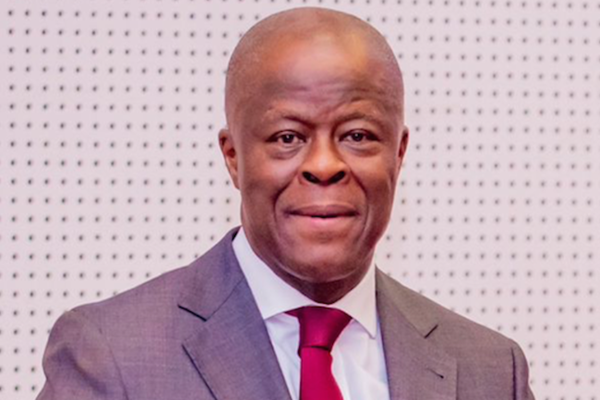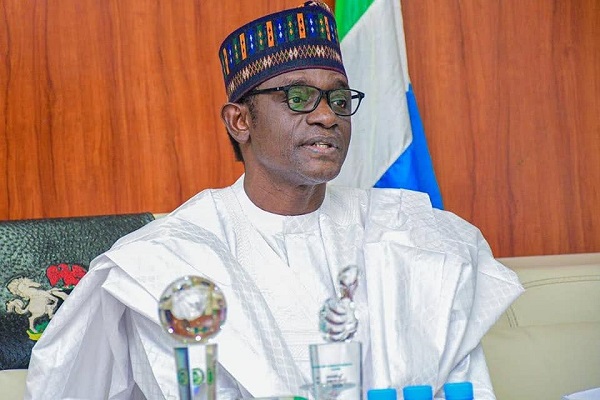
Minister of Finance and Coordinating Minister of the Economy, Wale Edun, on Thursday, announced that the next phase of President Bola Tinubu’s economic reforms will focus on removing barriers to investment, optimising national assets and stimulating productivity across key sectors to accelerate growth to seven percent per annum by 2027.
Addressing the Federal Executive Council (FEC) just before its meeting commenced at the State House, Abuja, Edun said the forthcoming reforms will include tariff and import policy reviews, improved fiscal reporting, tighter expenditure controls, and a detailed reassessment of both federal and federation balance sheets to ensure inclusive and sustainable growth.
“The next phase of reforms will remove barriers holding back investors. We will review tariffs and import restrictions to stimulate productivity and investment. A detailed review of the Federation and Federal Balance Sheets is underway to optimize asset management for inclusive growth,” the Minister said.
He added that Ministers overseeing infrastructure, mining, education, health, agriculture, blue economy, digital innovation, and culture must work with State Governments to package investment-ready projects capable of crowding in large-scale domestic and foreign capital.
Edun reaffirmed the Tinubu administration’s commitment to achieving a $1 trillion economy by 2030, saying that Nigeria must “accelerate output to 7% per annum growth by 2027, not just as an economic target but as a moral imperative to end poverty.”
Providing an update on key economic indicators, the Minister reported that Nigeria’s GDP grew by 4.23% in Q2 2025, the highest in a decade outside the COVID rebound, with 13 sectors recording growth above 7%.
The industrial sector, he said, nearly doubled its growth from 3.72% to 7.45%, reflecting strong investor confidence.
He also disclosed that inflation eased to 18% in December, external reserves topped $43 billion, and trade surplus rose to ₦7.4 trillion, marking clear evidence of macroeconomic stability.
Edun noted that the recent $2.35 billion Eurobond issuance, which was oversubscribed by over $13 billion, demonstrated international confidence in Nigeria’s economic direction and in President Tinubu’s leadership, “despite political headwinds.”
“The market shrugged off those political considerations and focused on the economic fundamentals of Nigeria,” he said, adding that the removal of Nigeria from the Financial Action Task Force (FATF) grey list and the IMF’s revised growth forecast were further proof that “global leaders commend our reforms and progress.”
He emphasised prudent fiscal management, saying “every naira must be optimised to sustain momentum amid global liquidity constraints, where there is less coming from multilateral institutions, we have to depend on our own resources.”


